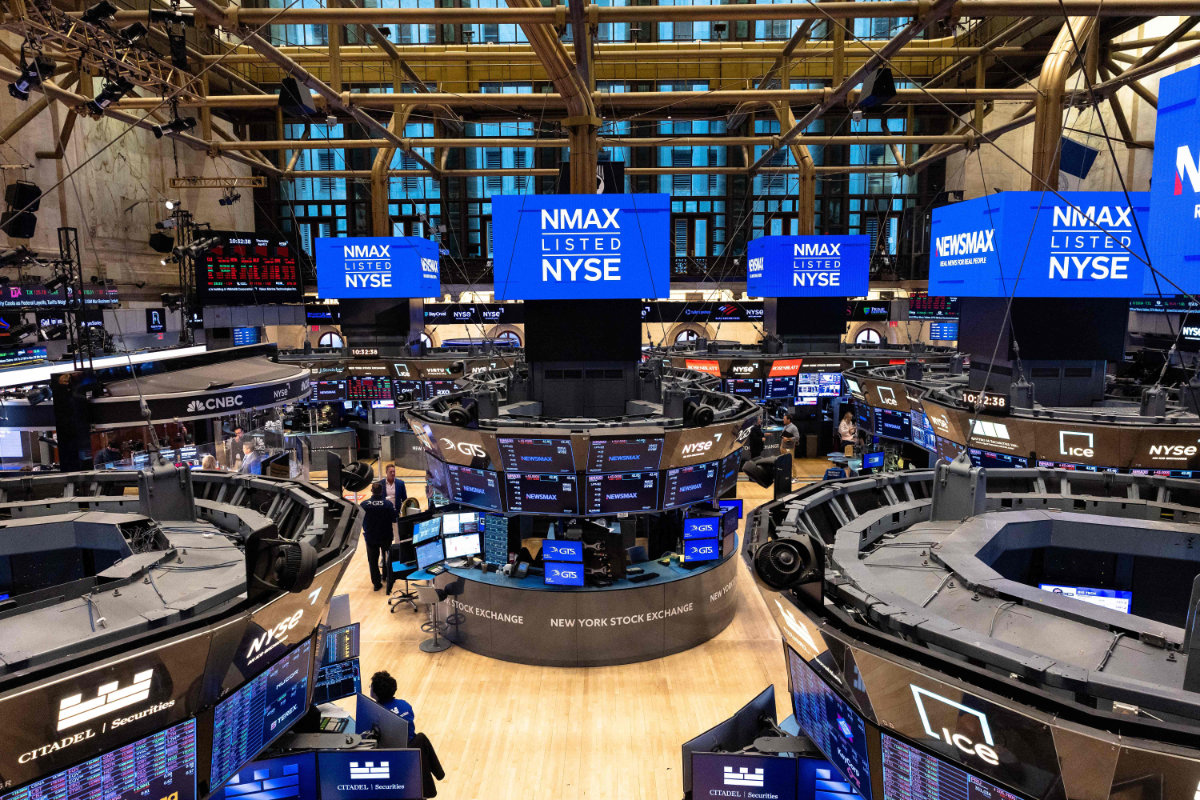BEIRUT: Israeli warplanes broke the sound barrier over Beirut, Sidon and other parts of Lebanon on Monday.
The planes conducted mock raids over the Hasbaya area and the occupied Shebaa Farms, reaching as far as Bekaa.
Although hostile operations on the southern front have significantly decreased, sporadic strikes continue.
One Israeli air raid targeted a house in the town of Chihine in the Tyre district.
The raid resulted in injuries, and the Syrian Social Nationalist Party reported that one of its members was killed.
A Lebanese Army unit, meanwhile, found the wreckage of a drone in the town of Aaiha in the Rashaya district. Army command did not clarify the nature of the drone or whether it was Israeli-made or from another source.
A Lebanese Army watchtower was attacked by Israel on Sunday night on the outskirts of the town of Alma Al-Shaab in southern Lebanon, resulting in “moderate injuries to two soldiers, who were transferred to a hospital for treatment,” according to the military.
Hezbollah, meanwhile, targeted the Israeli military site of Al-Malikiyah with an attack drone, hitting one of its bunkers.
The developments in the south and the issue of renewing UNIFIL’s mandate, which is on the UN Security Council’s agenda, have been the focus of internal political attention.
Caretaker Prime Minister Najib Mikati said at a meeting with key officials that recent developments “naturally call for caution, but we continue to discuss with concerned parties and engage in necessary diplomatic contacts to prevent matters from spiraling into undesirable consequences.”
He added: “We cannot say there are reassurances and guarantees, as no one can guarantee the Israeli enemy’s intentions. However, we continue our diligent efforts to address the situation.”
Regarding the renewal of the mandate for the international forces operating in the south of Lebanon, Mikati said: “We continue diplomatic contacts to ensure a calm extension of UNIFIL’s mandate, whose essential role in the south we highly appreciate, along with the fruitful cooperation between them and the army.
“From the contacts we have made, we have sensed a keenness to maintain this role, especially under the delicate circumstances the south is going through.”
Speaking after a meeting with Mikati, Foreign Minister Abdullah Bou Habib said he informed the prime minister that “there is a quasi-agreement to renew the work of UNIFIL forces for one year, under the same conditions and without any modifications.”
Bou Habib, who briefed Mikati upon his return from New York, also said that US and European officials he met with emphasized “the importance of not expanding the war and working to avoid escalating military actions in the south.”
He added: “There is a kind of optimism, or less pessimism, about the outbreak of a wide war in Lebanon.”
Also on Monday, a group of opposition MPs submitted a petition requesting Parliament Speaker Nabih Berri hold a session to discuss the repercussions of the ongoing conflict between Hezbollah and the Israeli military, now in its 10th month.
The opposition MPs — Georges Okais, Mark Daou, Ashraf Rifi, and Salim Sayegh — demanded Berri “hold a parliamentary session at the earliest opportunity to discuss the ongoing war, prevent its escalation, and ensure that the government fulfills its constitutional duties.”
In their petition, the parliamentarians called for diplomatic efforts to return to the 1949 ceasefire agreement and fully implement UN Resolution 1701.
They stressed the need to put an end to military actions “outside the framework of the Lebanese state and its institutions, declare a state of emergency in the south, hand over control to the army, and allow it to respond to any attack on Lebanese territory.”
They referred to the “escalation and threats reaching the highest level since Oct. 8, and the increasing fears of the expansion of the ongoing war, which has cost us hundreds of Lebanese lives and thousands of destroyed residential units so far, in addition to the economic and environmental damage caused by daily Israeli attacks, and the repercussions of this in light of the political and economic crises plaguing the country, and the obstruction of electing a president for the country.”
Nabil Qaouk, a member of the Central Council of Hezbollah, stated that Israel had put the region “on a path of escalation.”
He said that “the support fronts in Lebanon, Iraq, and Yemen have entered a new phase, introducing new field equations through which we hope to increase pressure on the Israeli enemy to stop the aggression on the Gaza Strip.”






























